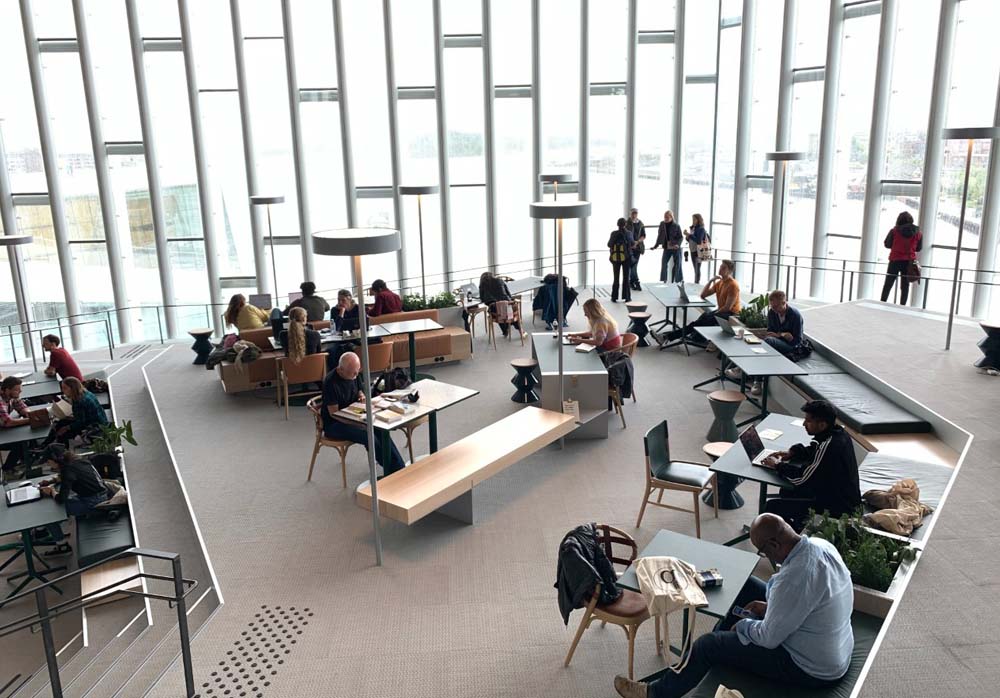Businesses are always looking for new ways to keep top talent. Subsidized lunches, specifically those provided in corporate cafeterias or other workplaces are a great option to create a positive work environment and increase employee satisfaction. For more information, click Subsidized Meals to Employees
Understanding Subsidized Meals:
A cafeteria for employees that is funded by the company is more than a place for an afternoon snack. It’s an expression of the company’s dedication to its employees’ health and well-being. The essence of this initiative is in the idea of subsidised food. Employers opt to pay a portion of the cost of food, allowing employees to have access to healthy and affordable alternatives right on site.

Economic Benefits for Employees
Employees who have meal plans that are subsidised are an excellent way to reduce costs of living. In a world where the cost of living keeps rising and the financial burden of everyday meals can be substantial. By subsidizing food options employers reduce the burden and allow their employees to eat high-quality food without putting a strain on their budgets.
Strategic Effect on Employee Satisfaction
Subsidized meals aren’t just economically advantageous, but they also boost employee satisfaction. Employees who are well-fed are more enthusiastic and satisfied. The convenience of having subsidised lunch options at the workplace eliminates the need for employees to venture outside the workplace to find food, saving time and reducing stress.
Furthermore, the communal nature of a corporate cafeteria creates a sense of unity and bonding among employees. Food sharing provides occasions for networking, collaboration and the casual exchange of ideas, ultimately contributing to creating a more productive and sociable workplace.
Culinary Diversity & Employee Preferences
Subsidized meals are also designed to meet the many different preferences in food for the modern-day workforce. Cafeterias in corporate settings typically offer a variety of menus that accommodate different needs and preferences in terms of diet. Employees who have dietary restrictions or who are vegans will receive meals that are subsidised.
The role of health and wellbeing:
Employee health is an essential element of productivity and long-term achievement. Subsidized meals contribute to the health of employees by providing healthier choices for eating. Nutritionists can assist companies in creating menus that emphasize healthy, balanced options which positively impact the health of their employees.
Building a Positive Workplace Culture:
Subsidized lunches play an important part in defining the working environment. Employees are informed that the company is concerned about their health. This gesture goes beyond financial compensation. It creates a positive atmosphere and compassion, which encourages the loyalty and involvement of employees.
A Win-Win Strategy for Employers
While the advantages for employees are evident, subsidized meals can also provide an opportunity for employers. A satisfied and well-fed employees are more likely to be productive, imaginative, and engaged. Positive effects on employee retention and hiring can contribute to long-term success for the company.
Conclusion:
Subsidized food, particularly when it comes to corporate cafeterias are more than just a part of an employee benefits package. They’re an investment in strategic investment in the success, satisfaction, and wellbeing of your workforce. Offering meals at a subsidised cost to employees is an effective way to promote an atmosphere of positive vibes within the workplace.